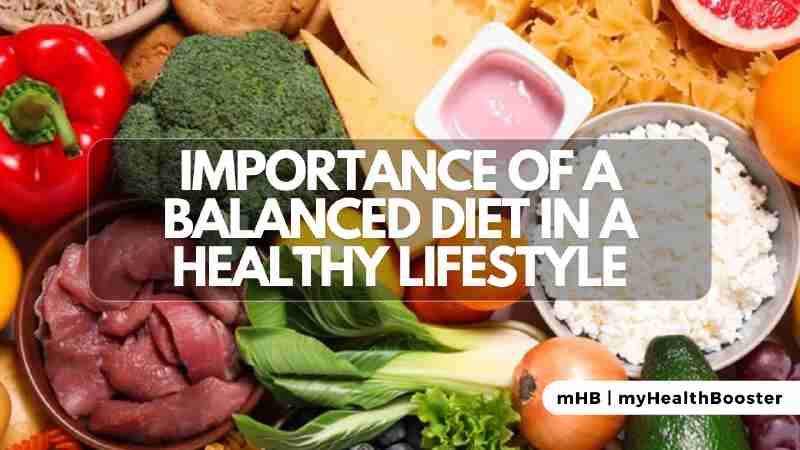Achieving a healthy lifestyle is intrinsically linked to maintaining a balanced diet that fulfills the body’s essential nutrient requirements. This article explores the definition of a balanced diet, the importance of calories, key food groups, and healthy practices that contribute to overall well-being.
What is a Balanced Diet?
A balanced diet provides the necessary nutrients for optimal bodily functions. The crux lies in consuming a diverse range of nutrient-rich foods, including fresh fruits, vegetables, whole grains, and proteins. This approach aids in achieving an ideal body weight and mitigates the risk of chronic diseases like diabetes, cardiovascular issues, and various cancers.
Significance of Calories
Calories serve as indicators of energy content in food, fueling bodily functions such as walking, thinking, and breathing. The average daily caloric requirement, around 2000 calories, varies based on factors like gender, age, and physical activity. It is crucial to recognize that the quality of calories is as important as quantity. Empty calories found in sugary items, butter, cookies, and energy drinks lack nutritional value and should be minimized.
Importance of a Balanced Diet
A healthy diet contributes to overall well-being, enhancing energy levels, mood, and health. Focusing on good nutrition, physical activity, and maintaining a healthy body weight are integral components of a person’s health. Failure to maintain a balanced diet can lead to various health issues, including heart disease, cancer, stroke, and diabetes. Children, in particular, need proper nutrition to avoid growth and developmental problems.
Components of a Balanced Diet
A balanced diet encompasses specific food groups, including:
- Vegetables: Leafy greens, starchy vegetables, legumes, red and orange vegetables.
- Fruits: Whole or fresh fruits, avoiding canned ones in syrup.
- Grains: Whole grains such as quinoa, oats, brown rice, barley, and buckwheat.
- Protein: Lean meats, fish, beans, peas, and legumes.
- Dairy: Low-fat milk, yogurt, cottage cheese, and soy milk.
Balanced Diet Composition
A well-balanced diet typically consists of 50 to 60 percent carbohydrates, 12 to 20 percent protein, and 30 percent fat. Adequate nutrition is crucial for the effective functioning of organs and tissues, maintaining an ideal weight, and promoting overall health and well-being.
Healthy Lifestyle Practices
In addition to a balanced diet, adopting healthy eating practices is vital, such as:
- Portion Control: Consuming smaller portions aids in managing calorie intake.
- Mindful Eating: Taking time to savor meals signals satiety to the brain.
- Snack Selection: Opting for healthy, bite-sized snacks over unhealthy options.
- Emotional Eating: Avoiding binge eating by finding healthier alternatives to cope with emotions.
Summary
The importance of a balanced diet in fostering a healthy lifestyle cannot be overstated. It not only addresses nutritional needs but also contributes to physical and mental well-being. Embracing healthy eating practices, coupled with regular exercise, enhances the overall quality of life, preventing excess weight gain and promoting sustained well-being.
